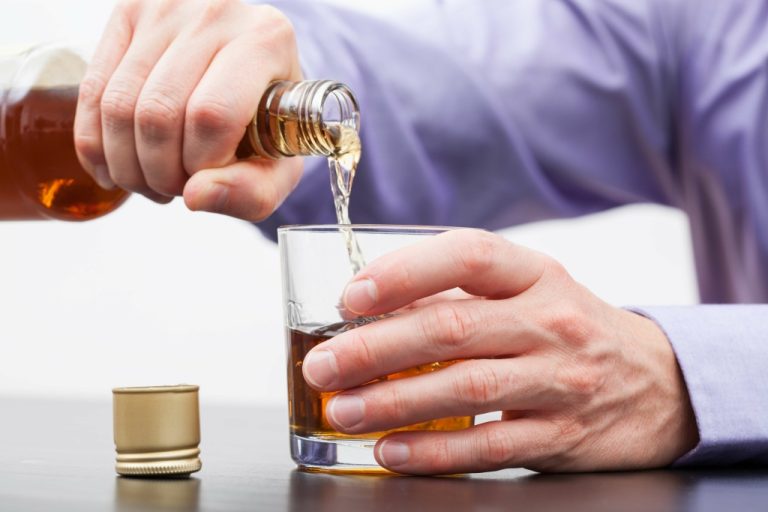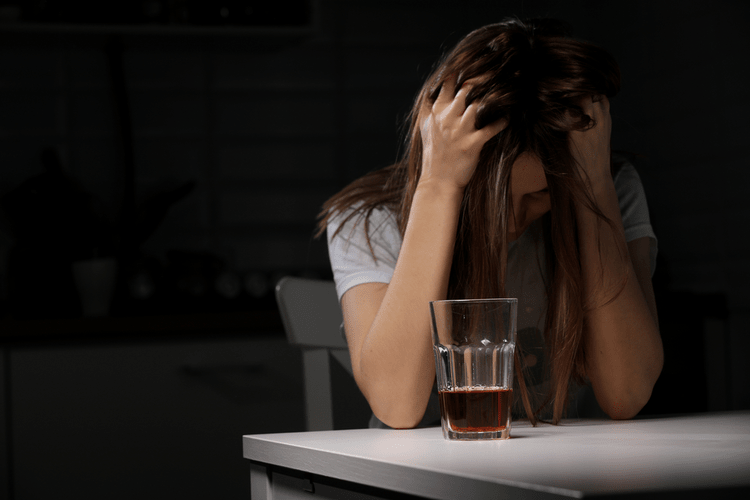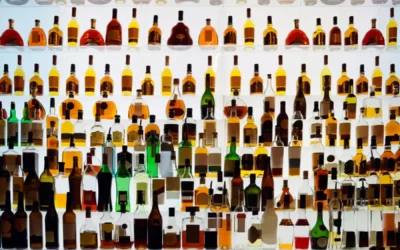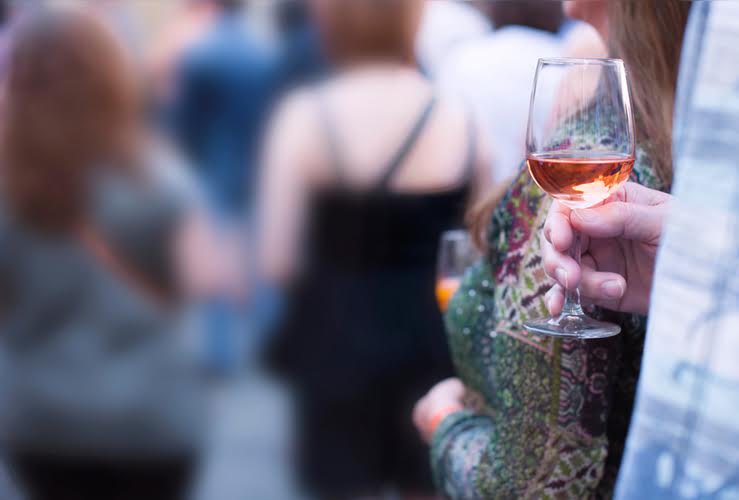In addition, she also refers to the possibility addicts have to avoid cues or drug-related stimuli. Easier said than done, she admits, but a highly successful treatment strategy (and something every alcoholic knows) is that to not relapse into drinking, one should not visit a pub. Substance addiction affects millions of individuals worldwide and yet there Top 5 Advantages of Staying in a Sober Living House is no consensus regarding its conceptualisation. Recent neuroscientific developments fuel the view that addiction can be classified as a brain disease, whereas a different body of scholars disagrees by claiming that addictive behaviour is a choice. These two models, the Brain Disease Model and the Choice Model, seem to oppose each other directly.
Lessons from genetics
- Addiction and physical dependence are often talked about as though they are interchangeable; however, they are separate phenomena that can exist without the other.
- A fairer representation of a contemporary neuroscience view is that it believes insights from neurobiology allow useful probabilistic models to be developed of the inherently stochastic processes involved in behavior [see [83] for an elegant recent example].
- That history deepened my understanding of addiction and helped me make sense of my own experiences.
This is not to say that their conduct is wise, simply that they are in control of what they are doing. Not only is there no evidence that they cannot moderate their drinking, there is clear evidence that they do so, rationally responding to incentives devised by hospital researchers. Again, the evidence supporting this assertion has been known in the scientific community for years (Table 2). And the prefrontal cortex, the area of the brain responsible for rational decision-making, judgment, and control of behavior gets weakened, its connections to other parts of the brain pruned away.
- Studies have shown that certain genes may increase an individual’s risk for addiction, but environmental factors also play a significant role.
- To promote patient access to treatments, scientists needed to argue that there is a biological basis beneath the challenging behaviors of individuals suffering from addiction.
- This provides a platform for understanding how those influences become embedded in the biology of the brain, which provides a biological roadmap for prevention and intervention.
- Not all individuals consuming substances at hazardous levels have an SUD, but a subgroup do.
- Finally, such work should ultimately be codified in both the DSM and ICD systems to demarcate clearly where the attribution of addiction belongs within the clinical nosology, and to foster greater clarity and specificity in scientific discourse.
Opposing Models
The suffering that comes along with addiction can be immense, but treatment offers a ray of hope for the future. Every person experiences natural rewards in their life like a delicious meal, a favorite song, the pleasant feeling following exercise, or the happiness after sex, but drugs offer something more. The high that https://wyomingdigest.com/top-5-advantages-of-staying-in-a-sober-living-house/ comes from abusing drugs is bigger, brighter, louder, and more gratifying than any natural reward, and it can make natural rewards seem small, dim, and quiet by comparison. No matter how one defines addiction or what term is used, what is clear is that addiction is an enormous problem in the U.S. that affects millions.
The Role of Genetics in Addiction: Separating Fact from Fiction
- As a person in long-term recovery, I know plenty about how genetics and environment affect addiction.
- This can make a person feel depressed or emotionally “flat” at times they aren’t using drugs.1 If natural rewards are a plate of broccoli, drugs are a huge bowl of ice cream, and broccoli is even less appetizing after ice cream.
- This type of criticism could also be applied to other psychiatric disorders, and that has indeed been the case historically [23, 24].
- Once whole genome sequencing is readily available, it is likely that it will be possible to identify most of that DNA variation.
- Although self-destructive, irrational behavior can be a sign of pathology, it need not be.
Thus, he concluded that alcoholism can simply be defined as changes in structure or function of the body due to drinking that cause disability or death. A disease label is useful to identify groups of people with commonly co-occurring constellations of problems—syndromes—that significantly impair function, and that lead to clinically significant distress, harm, or both. This convention allows a systematic study of the condition, and of whether group members benefit from a specific intervention.
Is Addiction a Disease or a Choice? Debunking Common Misconceptions

To a large extent, the research and data on addiction are accepted by the majority of scholars. What is mostly contested is merely the extent to which the capacities of addicts are affected. This is a highly relevant matter, as, in fact, the capacities or a lack thereof is the only question that truly matters for determining legal responsibility. Moreover, this article has also explored many aspects of the addiction debate that divert attention from the central and the important discussion on capacities. By calling the behaviour of addicts involuntary, there is an immediate connotation of a lack of free will. This detracts from the discussion on what is likely meant by calling addiction involuntary, namely difficulty in controlling behaviour.

Addiction is a disease: We must change our attitudes toward addicts
- Health professionals too often think and behave negatively toward addicts and addiction.
- To strive for a universal model and application of it, therefore, does not do justice to the heterogeneity of the individuals involved.




